The controversial dance maestro
Updated: 2015-10-17 04:22
(China Daily USA)
|
||||||||
|
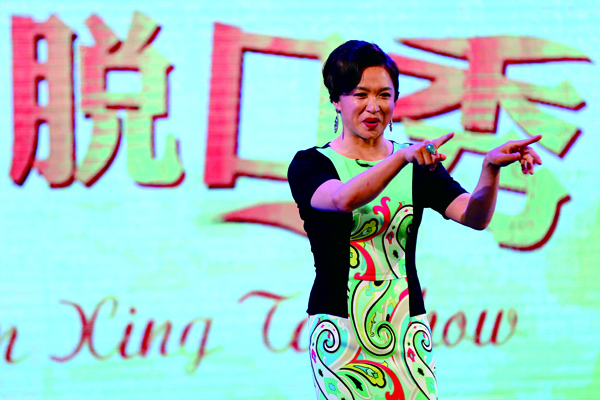 |
|
Jin Xing, who was formerly from the Chinese military, is now commanding the attention of millions with her colorful qipaos and personality on television. PHOTOS PROVIDED TO CHINA DAILY |
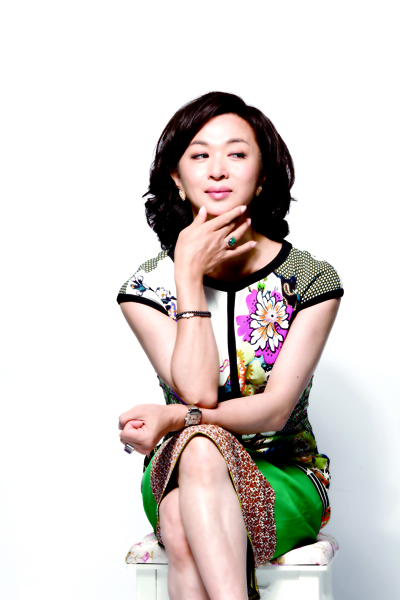
To the detractors who once ridiculed her with taunts of being neither a man nor a woman, and said that she should be ashamed to face the world, the immense popularity of Jin Xing’s talk show these days has proven to be a resounding retort.
Arguably China’s most famous transsexual, Jin has built a reputation around her penchant for not holding her tongue and being brutally honest on her show that is broadcast nationwide through satellite on Dragon TV every Wednesday night.
“They thought I would be ashamed. Instead, it is the very opposite: I am proud of myself,” said Jin, who is also a dancer and choreographer. “The sex change operation was the best thing I ever did for myself.”
The show is very much about Jin herself. The usual topics range from her fashion sense to physique to her unique experiences and points of view.
Similar to American talk shows like those hosted by Jon Stewart or Jimmy Fallon, Jin often invites guest celebrities onstage, and she makes no effort to be politically correct in front of them either.
“How do you even have the balls to sing?” she once slammed Chinese actress Zhou Xun, expressing the opinion that her guest star has a poor voice.
The audiences love Jin’s raw and uncensored approach. The Jin Xing Show has the highest viewing rates among its entertainment peers on week days across all satellite TV channels in China. Some episodes of her show have become so famous that they have been mimicked and shared widely on social media by ordinary people and celebrities alike. Jin’s Weibo account — China’s version of Twitter — boasts more than 8 million followers.
“Jin Xing is not a journalist, nor is she a TV hostess. But she is brilliant at covering subjects that she is familiar with,” said Li Jianzhong, director of Jin Xing Show. “Her accomplishments and experiences have enabled her to communicate with the celebrities on an equal, or sometimes higher, level.”
Jin, an ethnic Korean, was born a boy in China’s Liaoning province in 1967. His talents for dancing had emerged at a young age, and he spent years at a military school affiliated with the People’s Liberation Army honing the craft. He went on to win a national dance contest by performing an Uygur ethnic dance.
Jin had studied and worked in the United States and Europe for a few years before returning to China in the early 1990s to become the founding director of Beijing Modern Dance Company, creating a series of dance programs along the way which have became milestones in China’s modern dance development.
Jin then underwent sex change surgery in China in 1995 and became paralyzed in one leg as a result of the operation. She recovered a few months later and eventually moved to Shanghai where she founded her own dance company in 1999.
Reception to modern dance was lukewarm back in those days and Jin has constantly strived to promote the art form to the wider public. In 2006, she initiated the first non-official modern dance event in China, the Shanghai Dance Festival.
The festival, which has no corporate or official sponsors, aims to invite the latest international modern dance projects every year. This year, Jin invited Israeli choreographer Nadine Bommer to present her creation of “kinetic” dance, and a miscellany of outstanding modern dancers from South Korea to present a gala show titled Focus on Korea.
The Shanghai Dance Festival is organized by Heinz-Gerd Oidtmann, Jin’s ex-husband from Germany. The couple are still very much in love — they got divorced simply because it is easier to adopt children. They have three adopted children — two boys aged 15 and 12 respectively, and a daughter aged 13. Jin and Oidtmann plan to get remarried after their children’s adoption status have been legalized.
“Bureaucracy can be really complicated with our civil affairs system, especially when it involves international families,” Jin explained. “By February next year, we will be re-married, and Heinz will be able to apply for the Chinese green card as a son-in-law of China. The system is far from perfect, but fortunately we have the support of love.”
In 2006, Jin served as a member of the jury in a TV dance competition and was a commentator and guest star on a variety of other shows in the years to come. She said that the experience proved pivotal in helping her establish her own talk show in 2014. The Jin Xing Show has also provided her with the opportunity to further promote modern dance in China.
It has only been about a year since the launch of the show, but Jin is already a highly recognizable icon, one who is almost always dressed in a qipao, or cheongsam. Jin also likes to wear clothing by emerging local fashion designers as she believes that it is her duty to support artists from China.
Jin said that her talk show and her other TV-related projects take up about one third of her commitments. She actually spends most of her time as a modern dancer and choreographer. Jin produces two theater performances every month with her dance company and they also tour extensively in and out of China. The Jin Xing Dance Company has 15 dancers now, and they frequently work with guest choreographers from home and abroad.
“Now when we have modern dance performances in theaters all over China, many new audiences are attracted,” Jin said, before adding that she is proud to have achieved record-breaking box office revenues in many cities around the country.
She is currently planning to create a dance theater show in Xinjiang Uygur autonomous region next year to present the traditional Uygur ethnic dance with a modern treatment. Next year, Jin will also be working on the reality TV show So You Think You Can Dance, citing the need to raise even more awareness about the art form in China.
“There has been quite a lot of reality shows and singing competitions on China’s TV screen,” she said. “I think it is my responsibility to produce a quality show about dancing. I have an obligation not only to the audience, but also the dancers of China.”
- EU offers Turkey cash, closer ties for migration help
- ROK, Japan to hold defense ministers' talks next week
- 5 countries elected as non-permanent members of UN Security Council
- Obama slows pace of US troop withdrawal in Afghanistan
- Democratic rivals back Clinton on emails
- Myanmar gov't signs ceasefire accord with armed groups

 Trump card
Trump card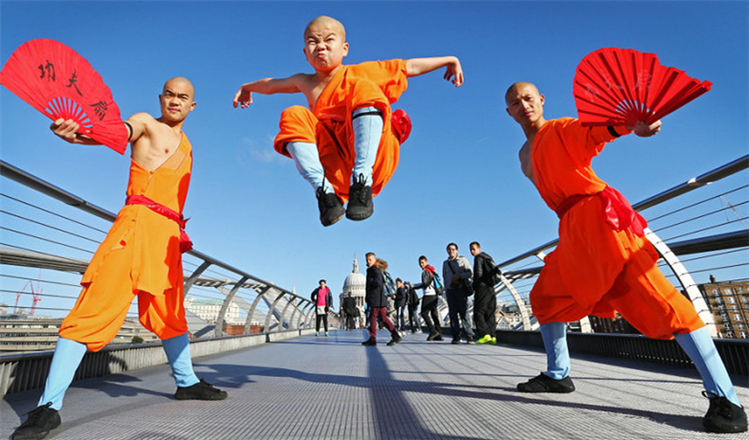
 Shaolin monks display kung fu skills in London
Shaolin monks display kung fu skills in London
 'Newlyweds' are 'floating' on air in Zhengzhou
'Newlyweds' are 'floating' on air in Zhengzhou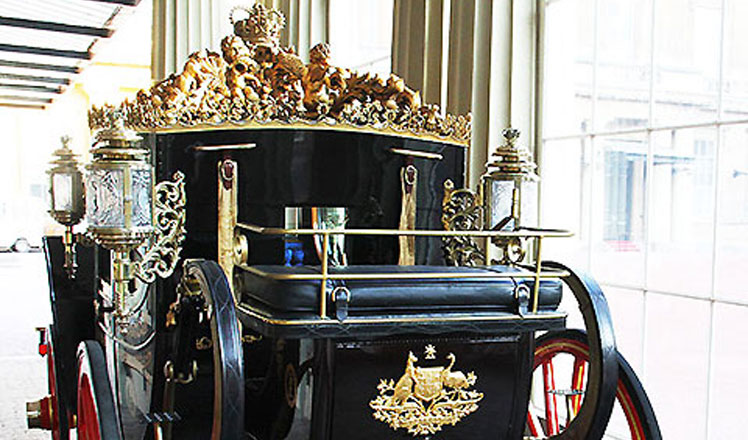
 Buckingham Palace prepares for Xi's visit
Buckingham Palace prepares for Xi's visit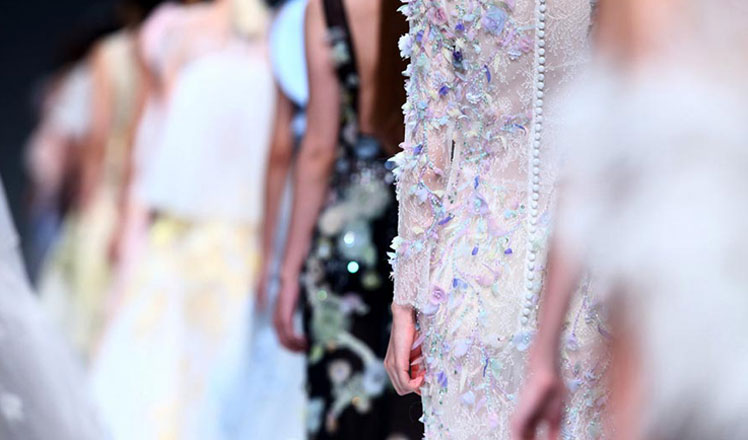
 Shanghai Fashion Week: We COUTURE
Shanghai Fashion Week: We COUTURE
 World's top 10 innovative economies
World's top 10 innovative economies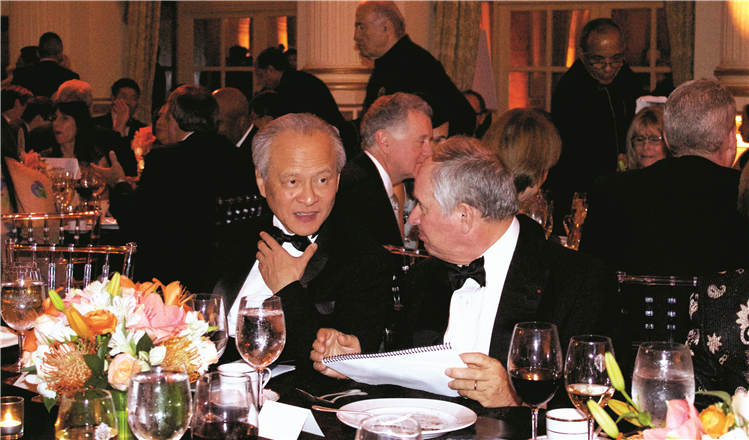
 Cui: China, US should share global vision
Cui: China, US should share global vision
 Speaking Mandarin attracts Chinese homebuyers in the US
Speaking Mandarin attracts Chinese homebuyers in the US
Most Viewed
Editor's Picks

|

|

|

|

|

|
Today's Top News
Tu first Chinese to win Nobel Prize in Medicine
Huntsman says Sino-US relationship needs common goals
Xi pledges $2 billion to help developing countries
Young people from US look forward to Xi's state visit: Survey
US to accept more refugees than planned
Li calls on State-owned firms to tap more global markets
Apple's iOS App Store suffers first major attack
Japan enacts new security laws to overturn postwar pacifism
US Weekly

|

|







